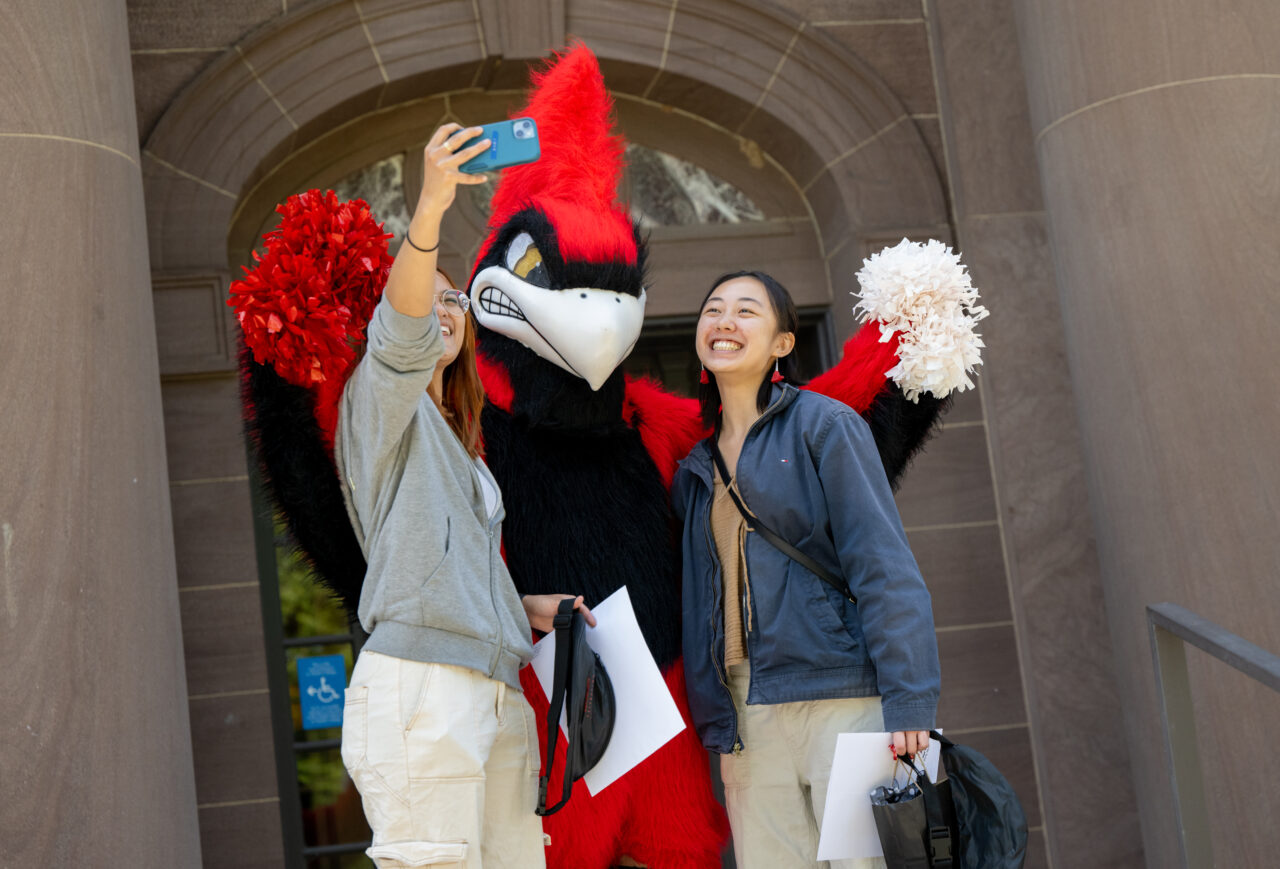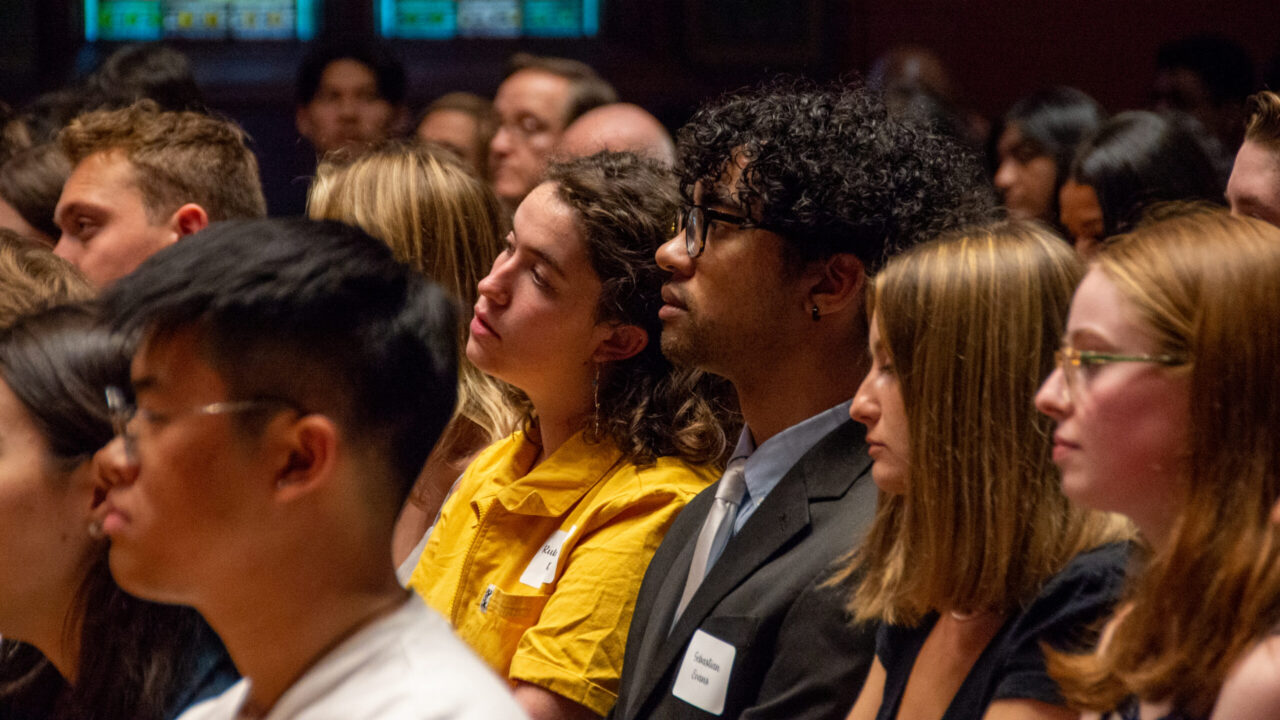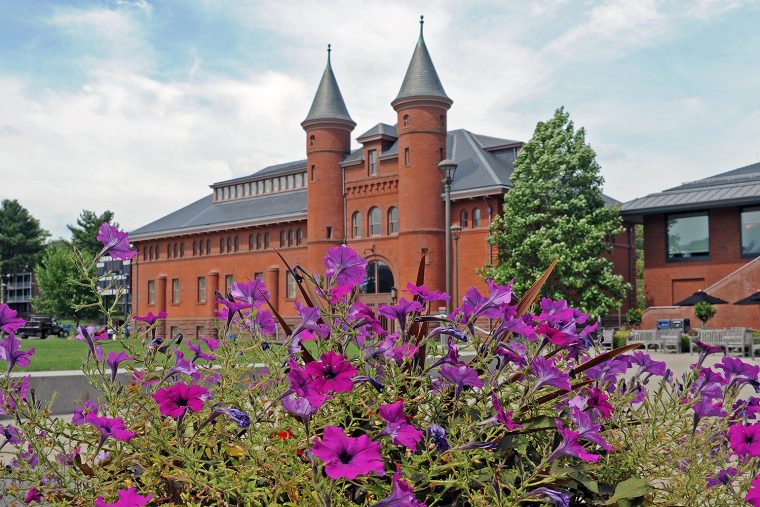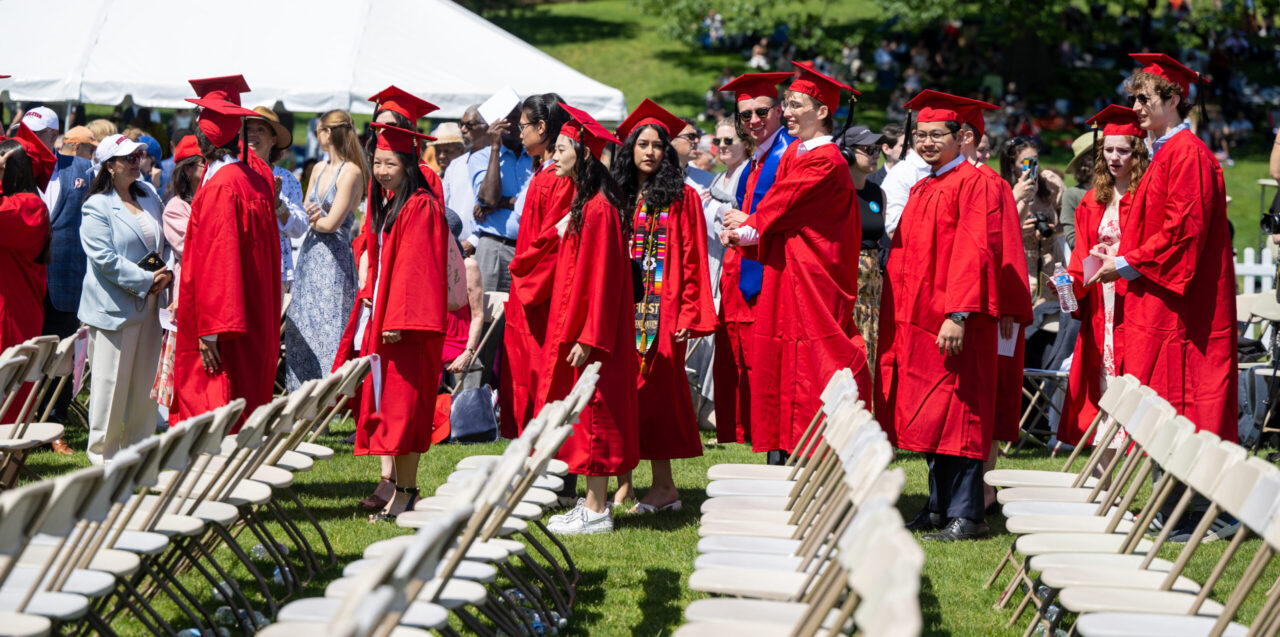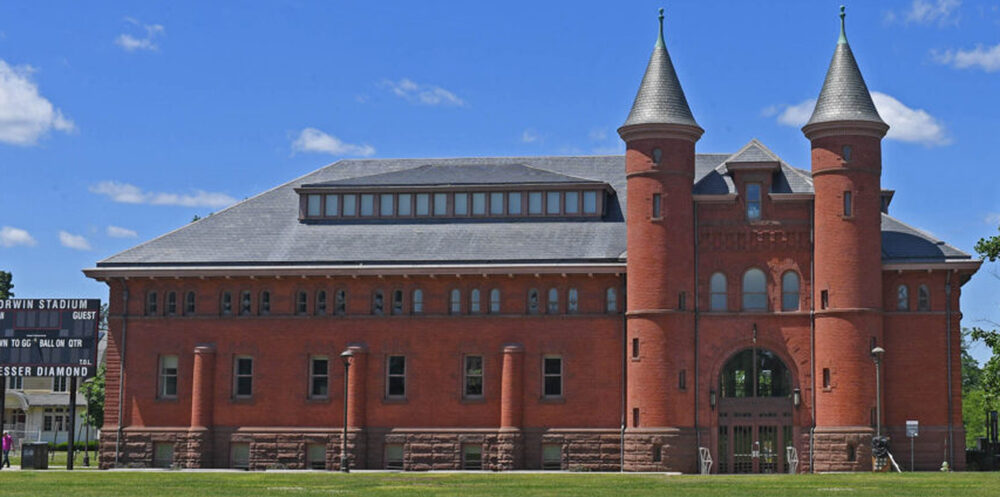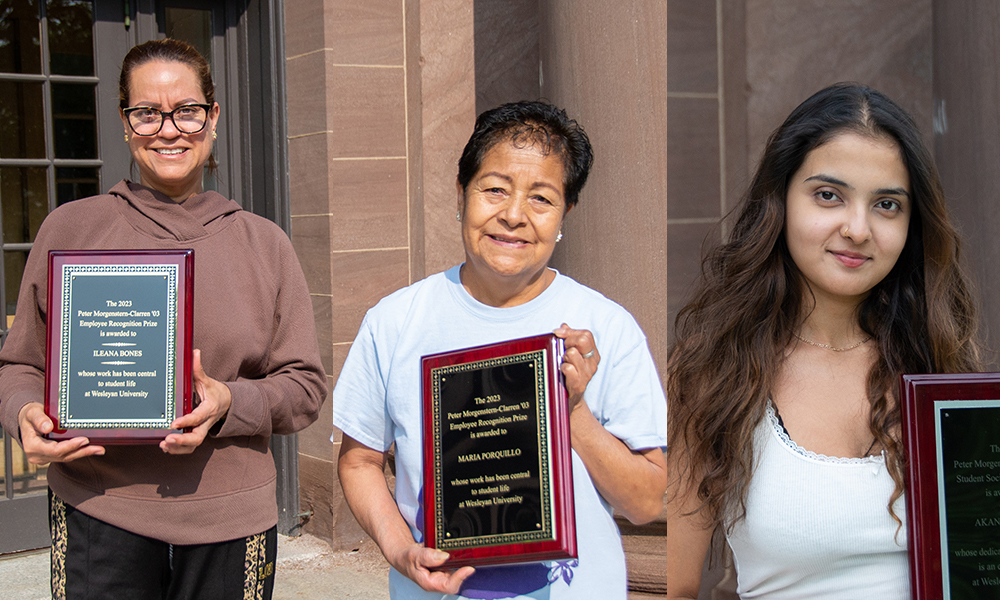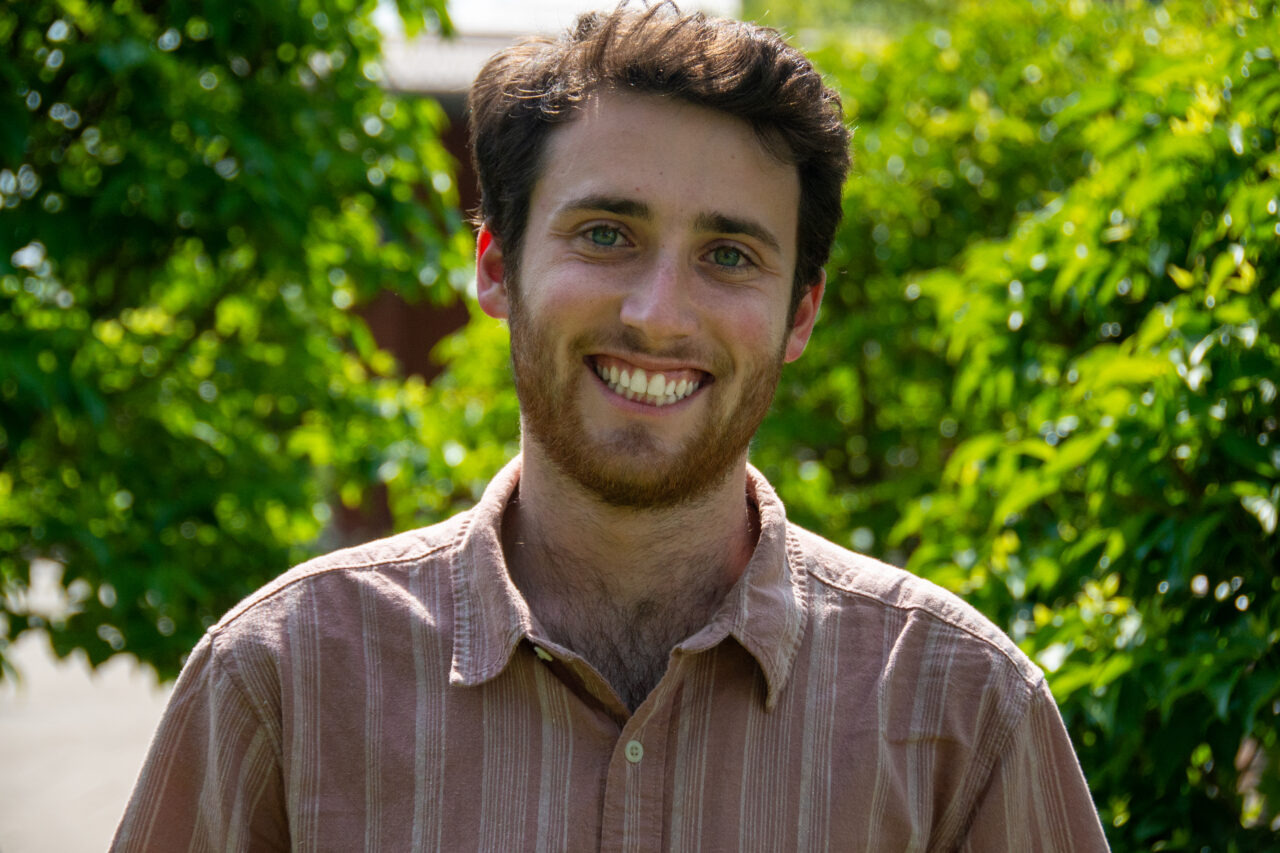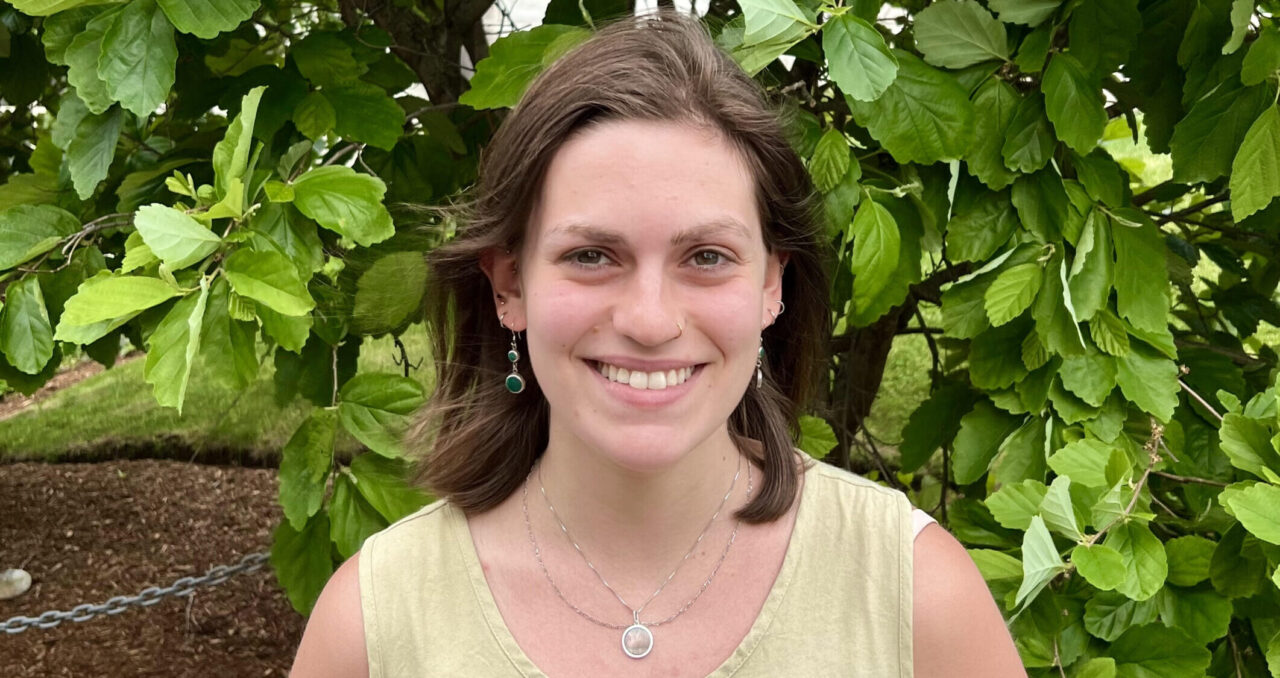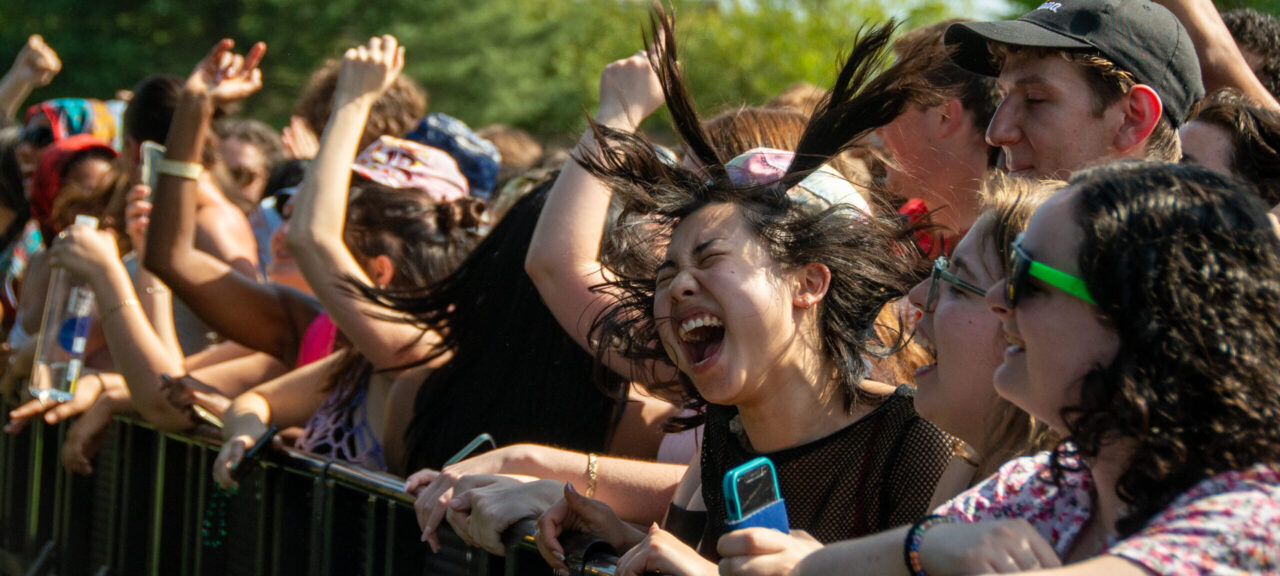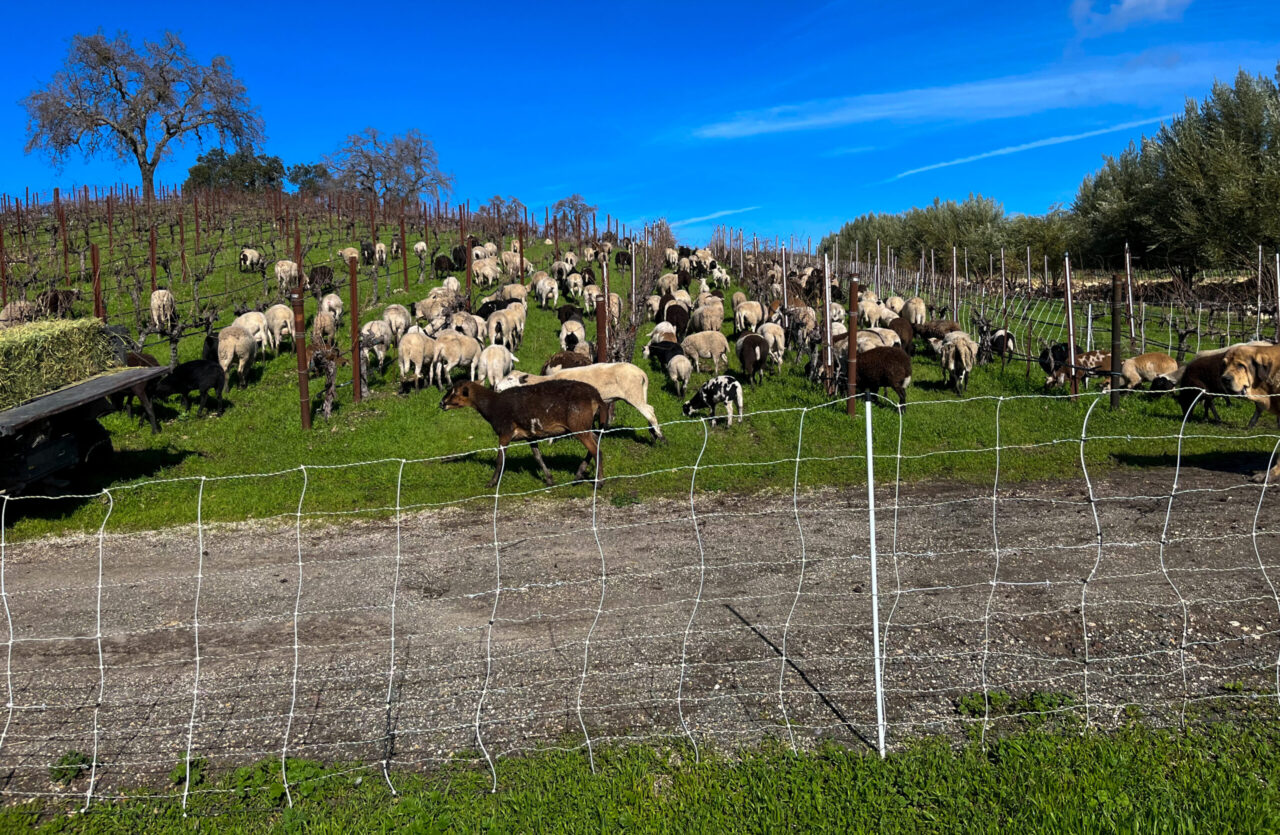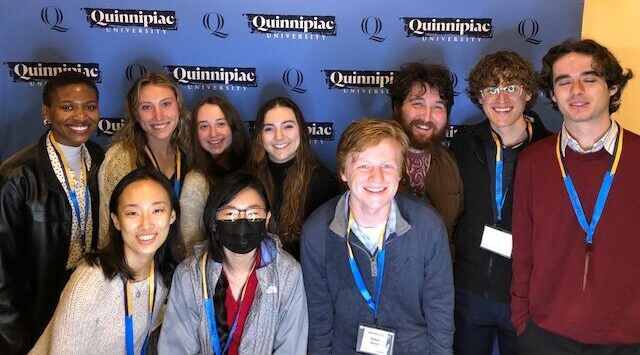Alumni from years ending in 3 and 8 gathered on Wesleyan's campus in Middletown from May 25 to 27 for the annual Reunion celebration at Reunion & Commencement Weekend. From WESeminars to the annual Alumni Assembly to a picnic on Foss Hill, the Wesleyan alumni community was on full display.
On July 4, 1776, the Continental Congress adopted the Declaration of Independence—a document written by a group of five men. Five months later, five different people gathered at the College of William & Mary to form Phi Beta Kappa, the oldest academic honor society in the United States. Now 246 years later, 93 new and current members from Wesleyan’s student body—78 nominated from the spring semester and 15 inducted last fall—packed into the Memorial Chapel on May 27 to be inducted into the honor society. They join an estimated total of over 500,000 living members. Throughout Phi Beta Kappa’s history,…
President Michael S. Roth ’78 wrote a review of an anthology of the late Hayden White’s works titled The Ethics of Narrative: Essays on History, Literature, and Theory, 1998-2007 for the Los Angeles Review of Books. Roth said White “was a consistently intelligent and engaging postmodern advocate for thinking about history as a form of imaginative reconstruction that could either constrain people or inspire their liberation.” Roth also penned an op-ed in The Boston Globe drawing parallels between education and democracy. “We must be on our guard against those who are afraid of that exploration; we must stand up against…
At the sound of an emphatic drumbeat, the Class of 2023 and the faculty who led them to their degrees marched from atop Foss Hill on Sunday morning for Wesleyan's 191st Commencement. Smiles of celebration and stares of reflection were scattered among the crowd of students and their loved ones. Here is a selection of photographs from the special day:
Students gathered behind Exley Science Center on May 10 to watch The Big Drop—the end of semester dropping of fruit and various items from the roof of the building. The Wesleyan Mathematics and Science Scholars (WesMaSS) and the Free Radicals have hosted The Big Drop since Spring 2016 to mark the last day of classes with a bang. They recreated Galileo's famous experiment where he dropped balls of different sizes from the Leaning Tower of Pisa in 1589. The Free Radicals also demonstrated a series of experiments and pyrotechnical displays.
For Matthew Garrett, associate professor of English, Meredith Hughes, associate professor of astronomy, and Tushar Irani, associate professor of philosophy and Letters—recipients of the 2023 Binswanger Prizes for Excellence in Teaching—the voters make the award. Recipients are chosen each spring by a committee composed of faculty and members of the Alumni Association Executive Committee based upon strong recommendations from a mix of alumni of the last 10 graduating classes, current upperclassmen, and graduate students. “It's meaningful to me because the recognition comes from the students and people who have been in my classes over the last 10 years, those are…
It started with Akansha Singh’s ’23 babysitter in India, Rashmi, who struggled to find a job after completing school. Rashmi married at 17 and had a child, a daughter she does not plan on educating because of the lack of job opportunities available, Singh said. After working at a non-profit that educated women in rural areas of India for a year after high school, Singh, an Applied Data Science major, realized this experience was more pervasive than she initially thought. Around 67 percent of educated women in rural India are not employed, according to a 2015 United Nations report. Because…
Before Ben Levin ’23 was a Wesleyan student, he visited a friend on campus. They ventured into a classroom together to find a student working through a math problem on a chalkboard while blasting punk rock through his headphones. The student then took off his headphones and passionately explained what he was working on. “It felt like I was in a movie scene,” Levin, chosen to speak at Commencement on May 28, said. “I was excited because it was really the first time where I thought ‘this is the kind of person I really want to surround myself with,’ even…
A patient sits on a cold, hard table under fluorescent lights while a doctor prepares to do their work. Acknowledging that there are limits to what medical practitioners can do, Isabel Koral ’23 said the experience of an in-clinic abortion often seems impersonal. Intentional or not, there’s always a barrier between the medical professional and patient, she said. Koral, a Science in Society and Hispanic Literatures and Cultures double-major, has held a longstanding interest in Reproductive Justice, and during a study abroad experience in Mérida, México, Koral learned a new approach. There is a thriving culture of collectives and caretaker…
Hands touching the sky. Hearts vibrating to the beat of an amplifier with the bass maxed out. Cowboy boots scattered among the grass. Sunglasses of every shape and shade imaginable. Through all the variance of outfits and personalities, there was one constant among the crowd—smiles so wide and bright a dentist could only smirk. From atop the pop-up Ferris wheel, all one could see was a swarm of students migrating to the stage and back into line for a dose of cotton candy—the energy burst needed to keep their hands up and feet moving. “Wes is about the community and…
After working on a controlled environment aquaponics farming project at The Pomfret School, Brinton Thomas ’23 was a full-on believer in the concept. He thought it was the next phase in sustainable farming and he had planned to write his senior thesis on its benefits. Then something changed. After a few days of research on the rapidly-growing farming practice while preparing an investment memo for an asset management company he interned at last summer, Thomas realized that these systems are not developed enough to be impactful on a large scale. He thought it was the future of farming, and it…
Wesleyan students from four research labs in the Neuroscience and Behavior program (NS&B) attended the 36th annual Northeast Undergraduate and Graduate Research Organization for Neuroscience (NEURON) conference at Quinnipiac University on April 23. Students presented their research during the poster sessions and attended neuroscience-related workshops. They got the opportunity to meet faculty and students from other neuroscience programs throughout the region, and to discuss and get feedback on their work. Professor Charles Sanislow, Chair of the Neuroscience and Behavior Program, said, “These kinds of opportunities offer students the experience of sharing their research efforts with the professional community, and highlight…


